Young employees who aspire to work in Gevrey-Chambertin with Parisian salary levels to develop the digital solutions of the future: this is the problem discovered this Friday, February 18 by the sub-prefect of Beaune and the sub-prefect of the revival in Bourgogne-Franche-Comté by visiting the company Atol CD supported by France Relance.
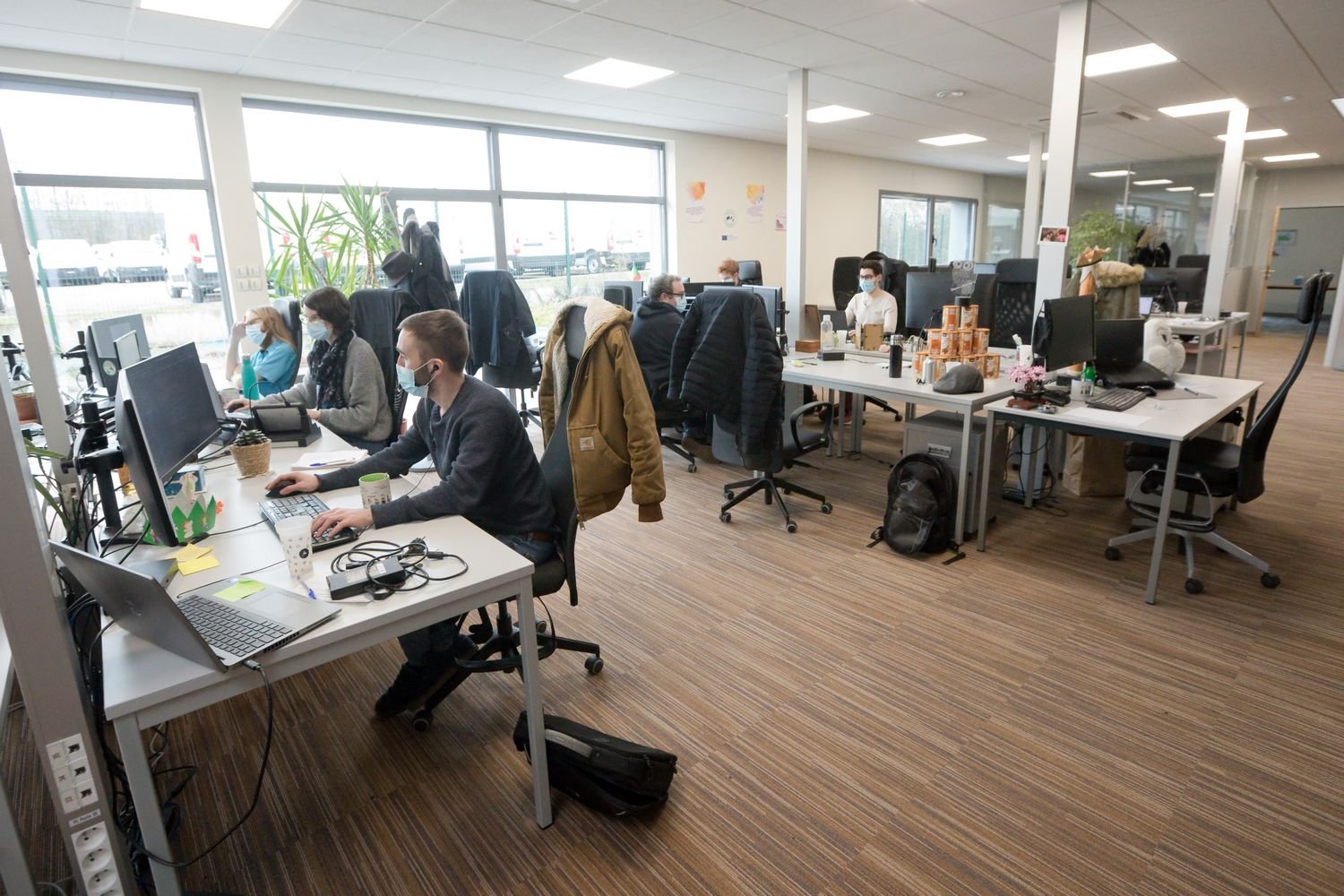 A digital services company created in 2000, Atol Conseils et Développements specializes in the design of business applications for the web or smartphones. It has four sites in Paris, Lyon, Dijon and Gevrey-Chambertin and plans to open an additional branch in Dijon and a new branch in Besançon soon. Recruitments are also in the works.
A digital services company created in 2000, Atol Conseils et Développements specializes in the design of business applications for the web or smartphones. It has four sites in Paris, Lyon, Dijon and Gevrey-Chambertin and plans to open an additional branch in Dijon and a new branch in Besançon soon. Recruitments are also in the works.
Two Atol CD research projects have benefited from the support of France Relance, funded by the European Union to the tune of 375,000 euros, one relating to the development of an application using a photographic method of food recording with automated nutritional analysis to prevent undernutrition in the elderly or in hospitalized patients, the other concerning the creation of an observatory of signals in food discourse.
This Friday, February 18, 2022, Myriel Porteous, sub-prefect of Beaune and Natacha Vieille, sub-prefect for recovery, went to meet the Atol CD teams at the Gibriaçoise agency. The two State representatives were accompanied by Christophe Lucand (PS), Mayor of Gevrey-Chambertin, and were welcomed by Jean-Philippe Porcherot, Managing Director of Atol CD.
15% growth per year
At the time of the digital transition, Atol CD brings skills to companies either in project mode with small autonomous teams, or by staff delegation: business solutions, document management, analysis of large quantities of data… “We are here to open up the field of possibilities to our customers,” asserts the managing director.
Growth is regular, between 15 and 20% per year. Turnover stands at 12.6 million euros in 2021 with a target of 15 million euros in 2022. Historically, a large part of the turnover is made in the agri-food sector, from which membership of the Vitagora competitiveness cluster. Bourgogne-Franche-Comté represents 15% of the activity.
Operating in the blockchain, decentralized electronic signature and big data sector, the company intends to carry out innovation projects in collaboration with university or industrial laboratories, hence partnerships also with the University of Burgundy, the ‘ESIREM or Agronov. It has received the BPIfrance excellence, Foodtech, Frenchtech, Planet Tech’care and Innovative Company labels.
“People want to work here and have Parisian salaries”
Atol CD employs nearly 190 people to date – almost all on permanent contracts – and continues to develop with around thirty new recruitments planned for 2022. Each year, the company contracts with around ten work-study students, which often constitutes “a pre-recruitment”.
The sector being in tension, “we have to adapt, we organize ourselves to propose an offer to bring people in, we propose projects that make you want to come”, points out Jean-Philippe Porcherot. “You don’t necessarily need to go to Paris to have very high-level jobs,” reacts Myriel Porteous.
“The Covid has shaken up the borders a bit”, analyzes the managing director, “in Paris, telework has been largely democratized; people want to work here and have Parisian wages”. 2022 wage negotiations open with a minimum increase of 5%.
“It brings in a young population that will have special needs”
The mayor of Gevrey-Chambertin claims the support provided in the environment of this company in particular and those established in the Gibria area in general. “We are associated to facilitate modes of travel, secure roads, work on urban planning and also work on landscape and ecological aspects”, explains Christophe Lucand.
The elected official takes as an example the “potentially green” route to connect the station to the end of the Terres d’or economic activity zone. The activity zone brings together 2,000 jobs. Overall, on the outskirts of the Dijon metropolitan area, around 3,000 jobs are located in Gevrey-Chambertin, which has 3,100 inhabitants.
“It brings a young population who will have special needs for children, shops, services, housing,” adds Nelly Schutz, project manager at the regional academic delegation for research and innovation (DRARI).
Christophe Lucand even points out possibilities of extension on the third part of the Golden Lands while regretting the absence of installation of optical fiber to the activity areas of the community of communes of Gevrey-Chambertin and Nuits- Saint Georges.
Foodintech to improve the nutrition of CHU patients
Contacted by the CHU Dijon Bourgogne via Vitagora, Atol CD developed the Foodintech project in partnership with Yumain, a Dijon company offering an artificial intelligence system. This is an automated analysis of food intake in establishments in order to combat both malnutrition and food waste.
Practically, a smartphone photographs the tray before the service and after the meal, then an artificial intelligence automatically calculates what the person has ingested, the patient’s identity being coded and associated with the tray in question, the service provider in charge of the catering having informed the menu defined with the CHU teams.
“This makes it possible to offer personalized follow-up in order to make menu choices that are best suited to the needs of patients”, underlines Virginie Vanwymelbeke-Delannoy, hospital researcher in nutrition at the CHU Dijon Bourgogne.
“Nutrition contributes to the healing and well-being of patients”, abounds Florence Martel, director of research at the CHU Dijon Bourgogne, “not to mention the cost of food waste”.
Digital solutions, a “plus” in the practice of caregivers
Staff responsible for distributing meals to patients have been trained in the use of this digital solution. The validation study indicates that Foodintech provides more efficiency than the previous technique, “it’s beneficial for the patient”, underlines Virginie Vanwymelbeke-Delannoy. A key point for the acceptance of personnel in changing practices.
“As soon as we talk about information systems, there is a problem of change management”, observes Jean-Philippe Porcherot, “the CHU has succeeded in mobilizing all the players in the pilot services, in carrying out demonstrations, in accompany a lot”.
“There is still a lot of effort to be made in supporting change,” concedes Florence Martel. “These are professionals who are not necessarily used to working with digital tools, (…) introducing technology into practices that they have been doing for several years without technology. They are all the same people who are very attentive to the needs of the patients, if they see that there is a rather rapid change in the menus and that the patients eat better, finish their plate… It is also a way of value them and bring more to their practice,” she explains.
Two recruitments funded by France Relance
Foodintech is experimenting in geriatrics and endocrinology with the aim of being extended to other departments of the CHU Dijon Bourgogne – even to EHPADs – then to other health establishments in France or Europe.
Four people from Atol CD work exclusively on Foodintech. The recruitments were financed by the BPI, the Bourgogne-Franche-Comté Region and the National Research Agency. Funding from France Relance enabled recruitment within Atol CD as well as recruitment within the CHU Dijon Bourgogne dedicated to this project for the years 2022-2023.
Cocktail to study emerging discourses on food
The Cocktail project covers a real-time observatory of trends in the field of food by analyzing weak signals circulating in the comments made on the social media Twitter in order to study emerging discourses in the agri-food field.
Such a project combines big data technologies, real-time analysis tools and artificial intelligence. It makes it possible to offer services to institutions or industries.
For example, Cocktail tracks keywords associated with veganism and tracks influencer activity. “This makes it possible to anticipate crises when a background noise is formed”, indicates Jean-Philippe Porcherot.
“We mobilize researchers in information and communication sciences who study the facts and mechanisms that make the discourse circulate and that make the discourse emerge”, specifies Gilles Brachotte, teacher-researcher in information sciences and of communication at the University of Burgundy. One position has been funded by the ANR and France Relance for the years 2022 and 2023.
“We will see the communities come together, mobilize and see influential leaders take a stand,” says Gilles Brachotte. This offers companies the possibility of detecting themes that concern them in advance in order to anticipate industrial developments.
Currently, Cocktail is applied to health policy, being tested on the subject of vaccination against Covid-19. Articles are being prepared on the position of health professionals.
“R&D a priority of the European recovery plan”
Subsidies or repayable advances, “it makes accelerators, it allows us to go often faster in terms of investments”, slips Jean-Philippe Porcherot.
Natacha Vieille specifies that aid for research and development from France Relance has been reopened for the year 2022: “research and development is a priority of the European recovery plan (…) among ecology and digital “. The files must be submitted to the DRARI before June 1st.
In addition, the fourth future investment program (PIA4) runs until 2025. It has been reinforced by France 2030 funds to total 54 billion euros at national level to finance acceleration strategies in terms of R&D.
Certain themes particularly concern Bourgogne-Franche-Comté: hydrogen, digital technology, health and agri-food, including healthy food and sustainable food.
In this context, Vitagora and Agronov in particular will detect the business projects of the various players in the agricultural world to be exploited in the coming years.
Jean-Christophe Tardivon
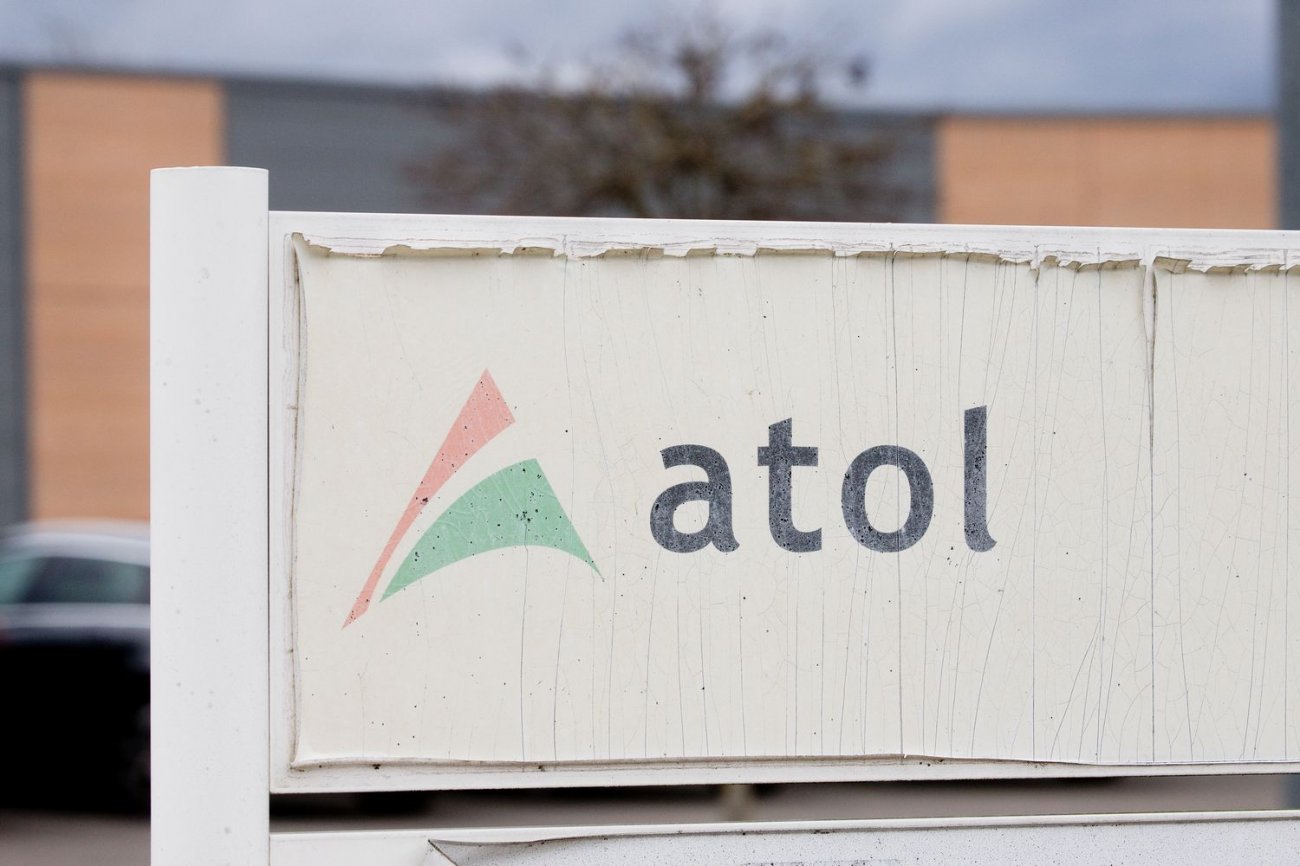
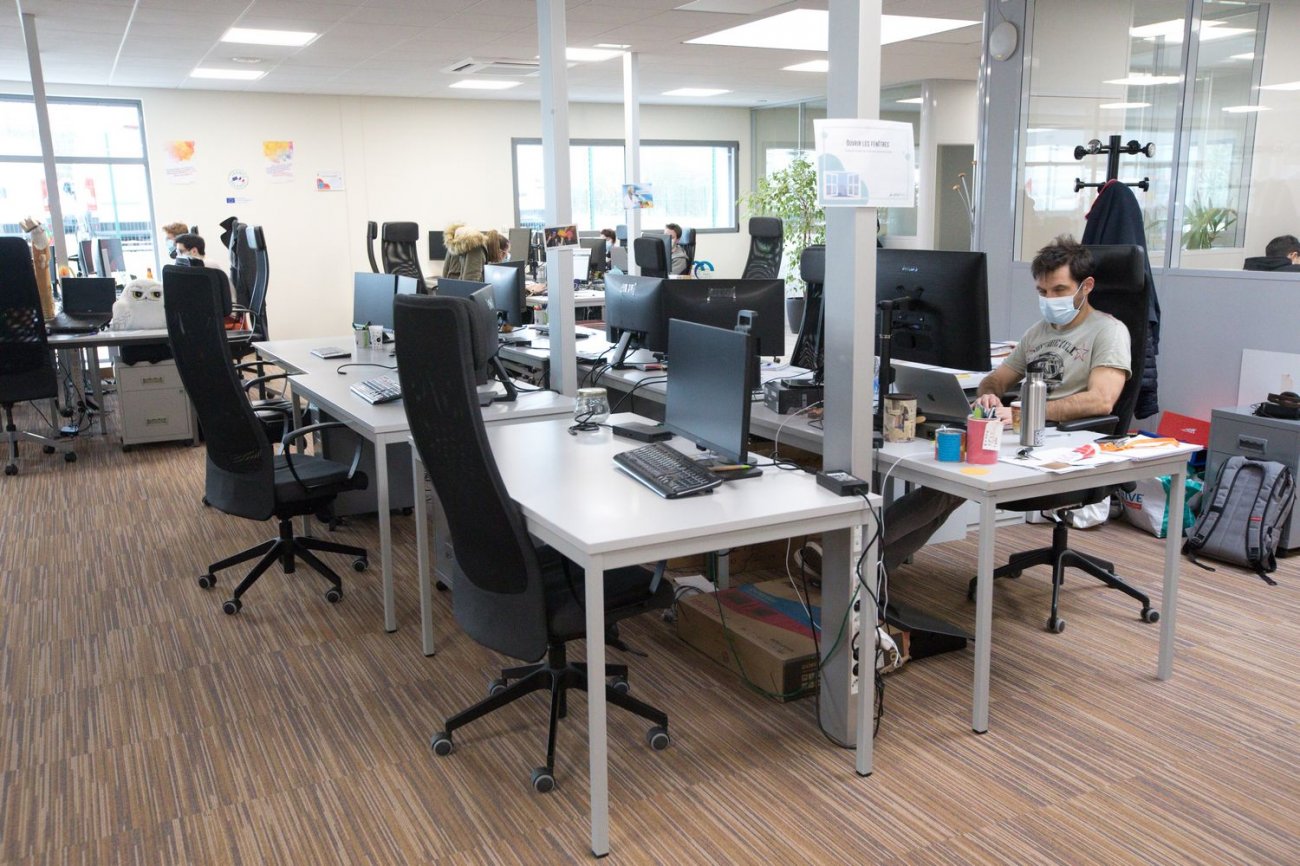
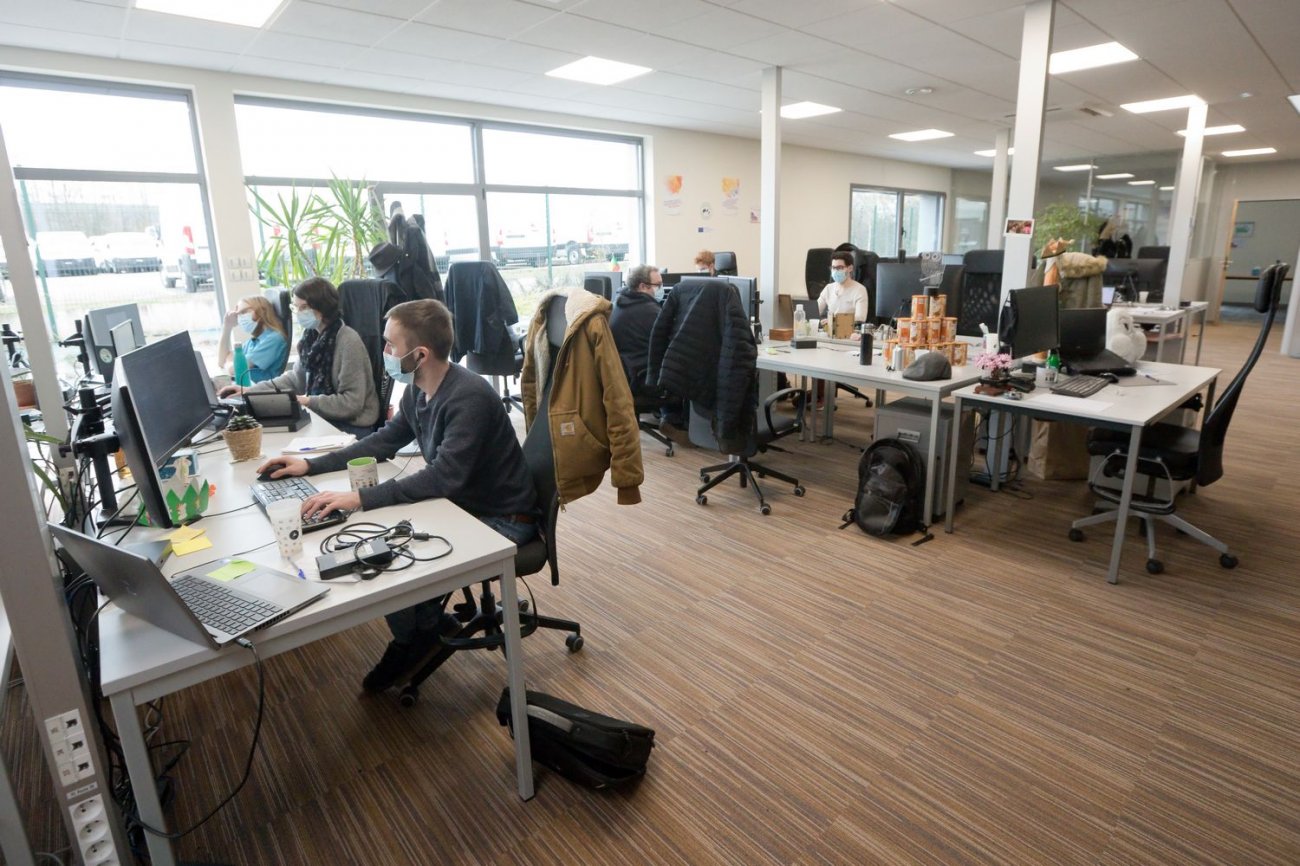
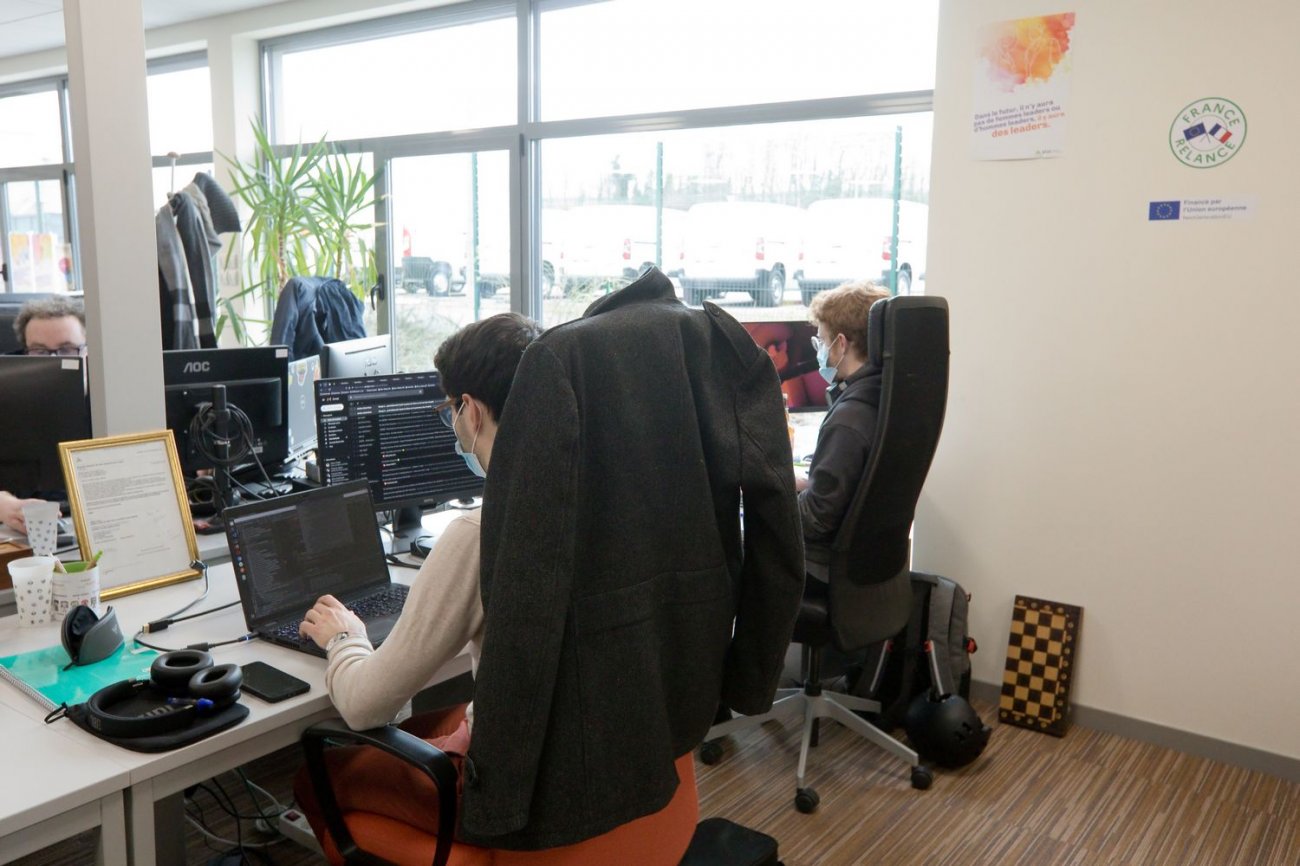
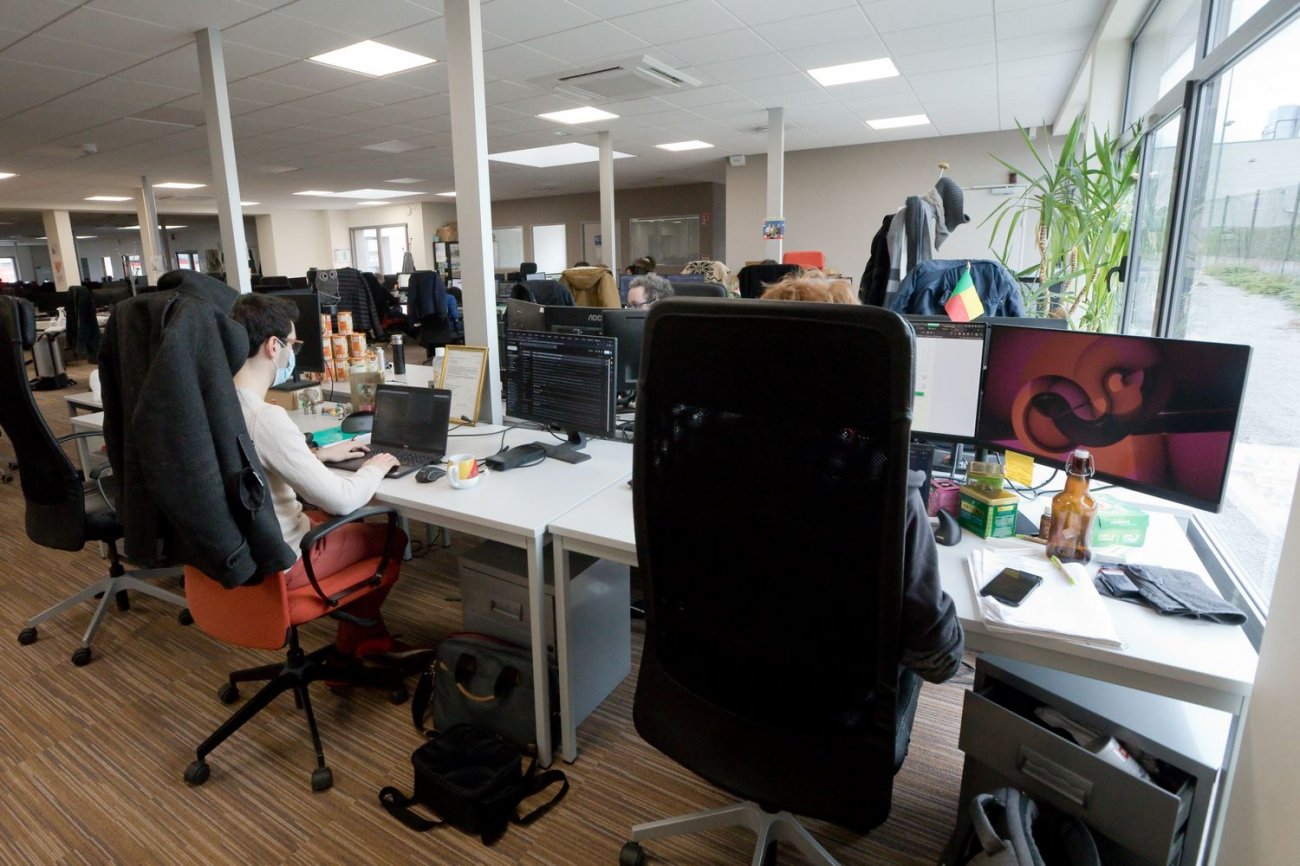
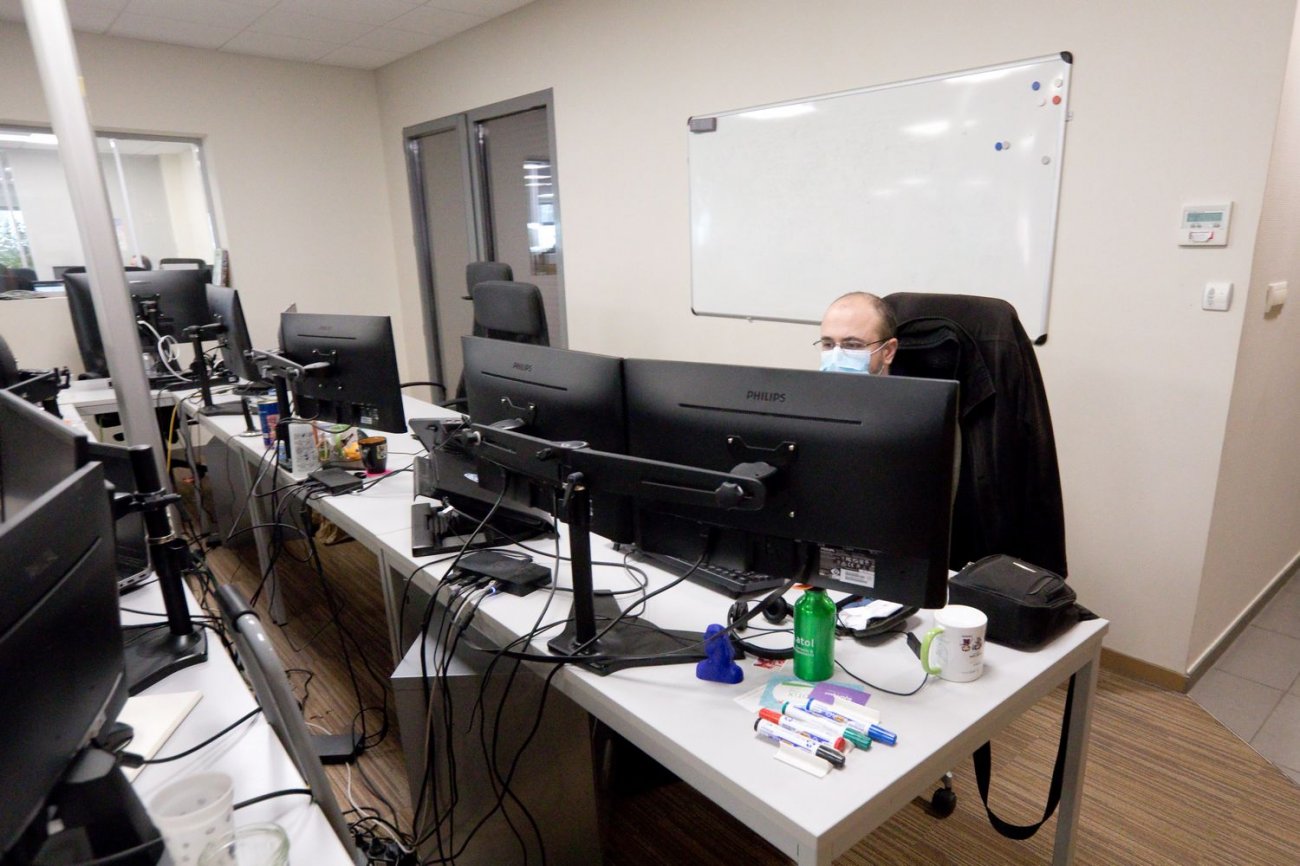
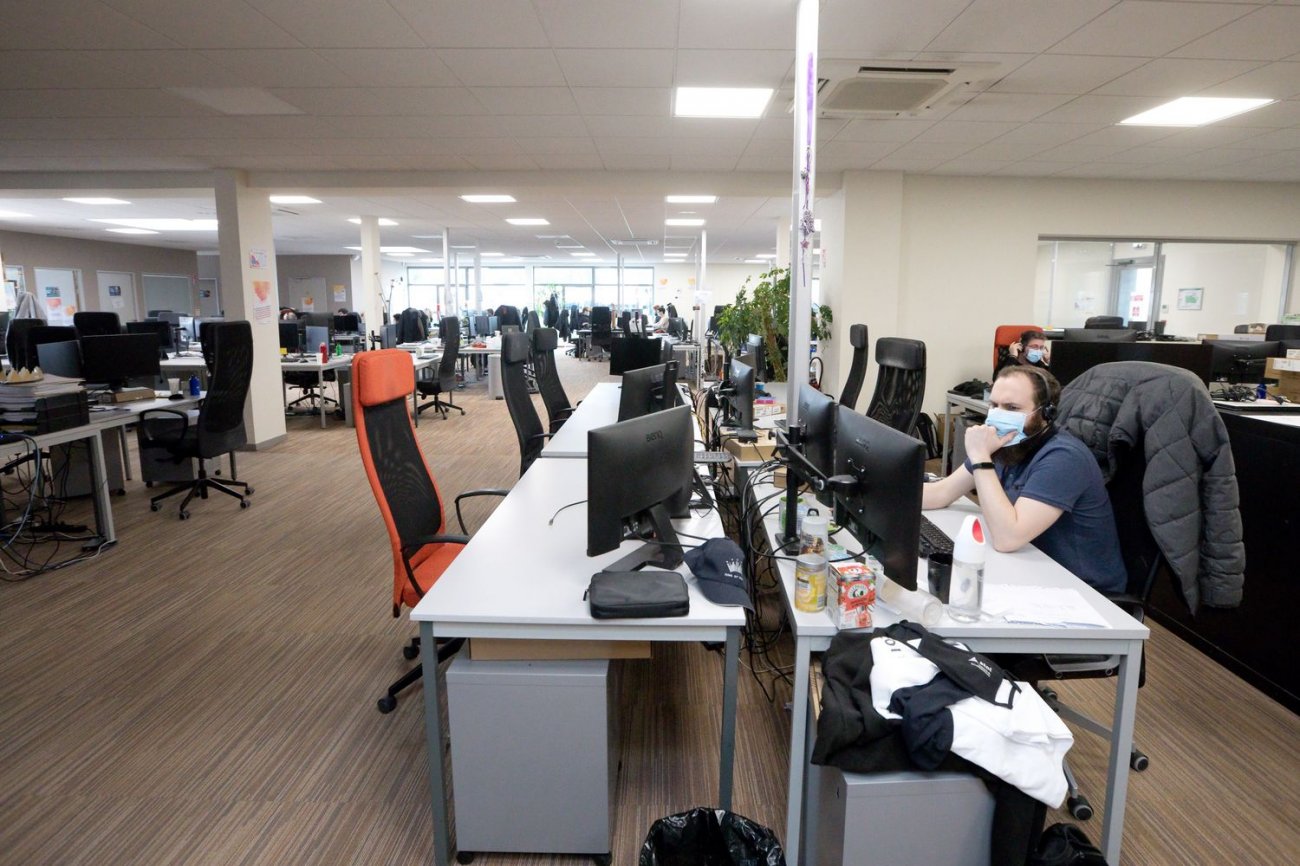
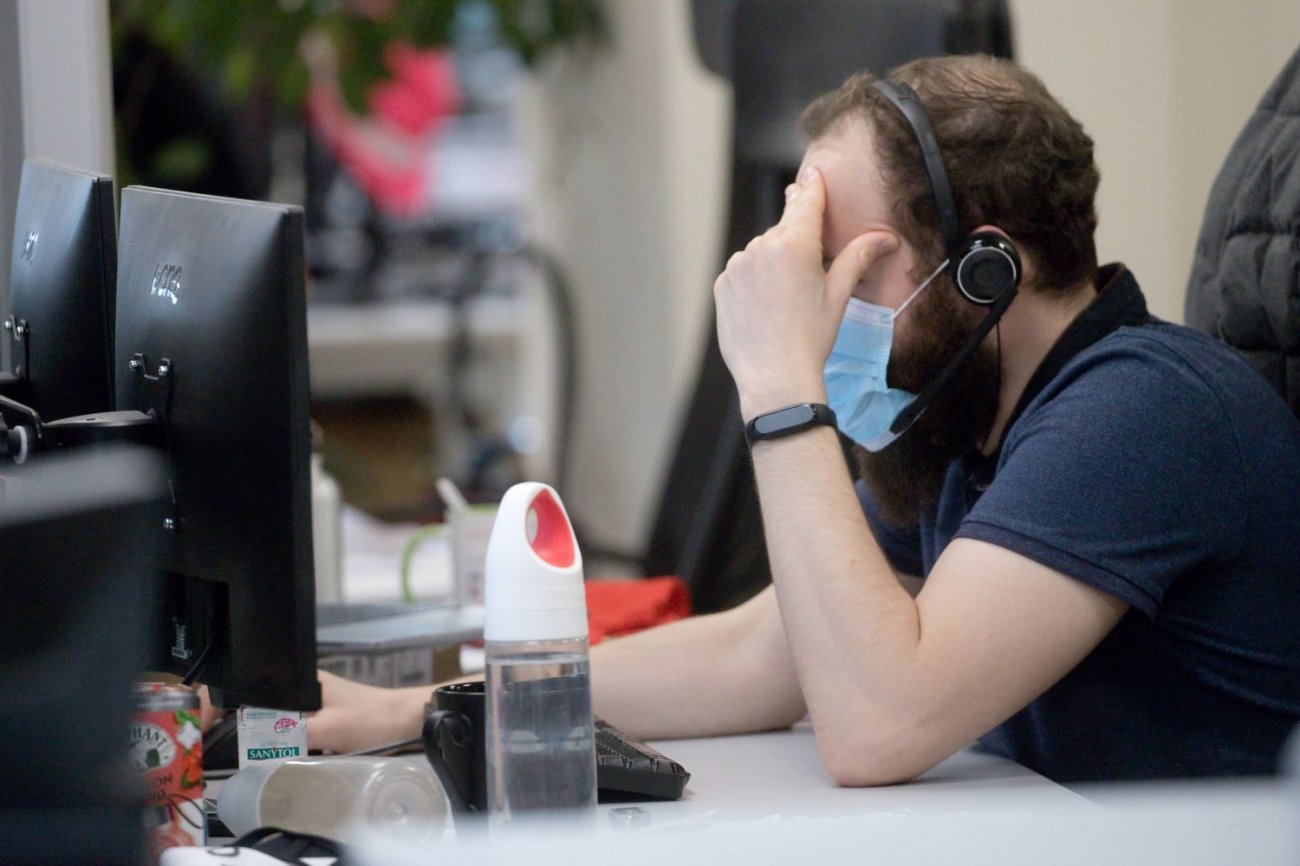
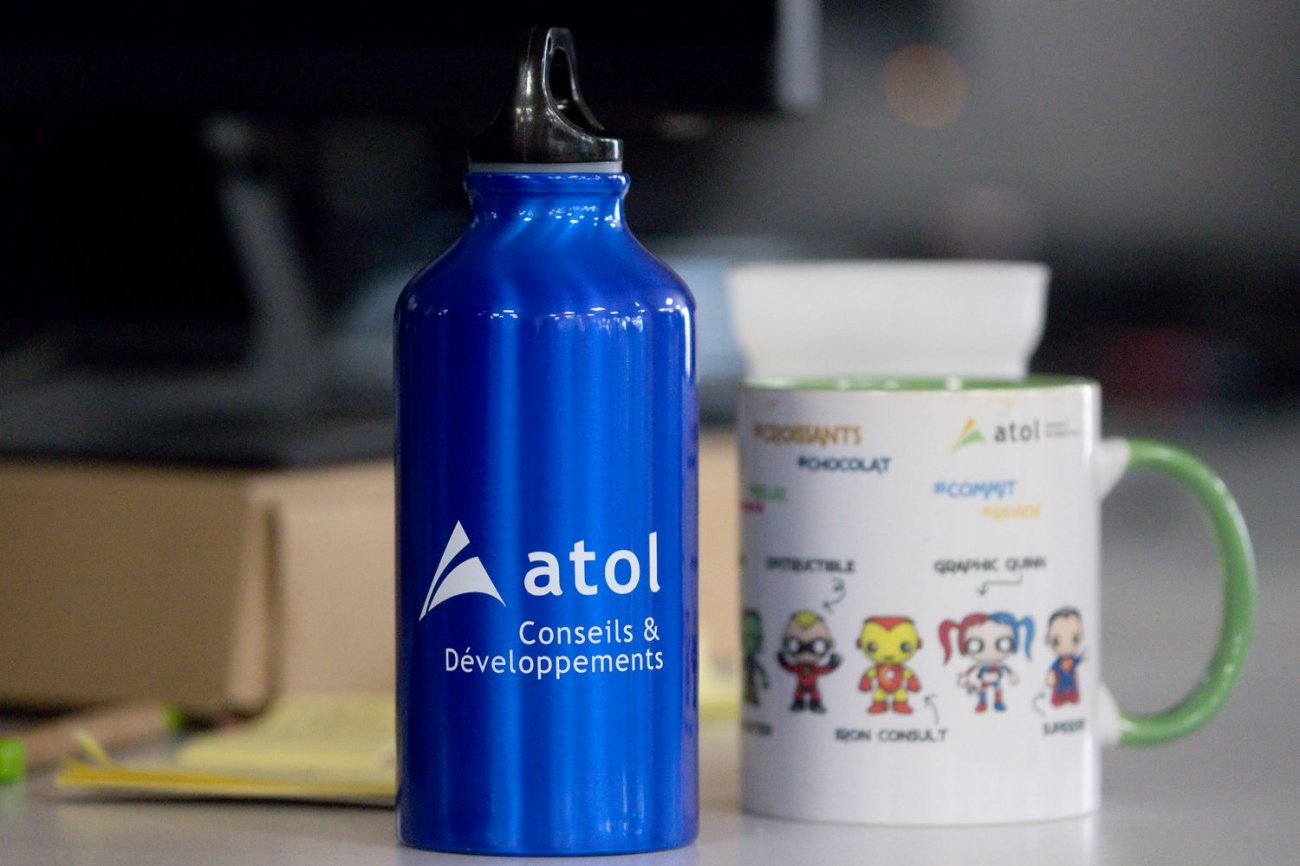
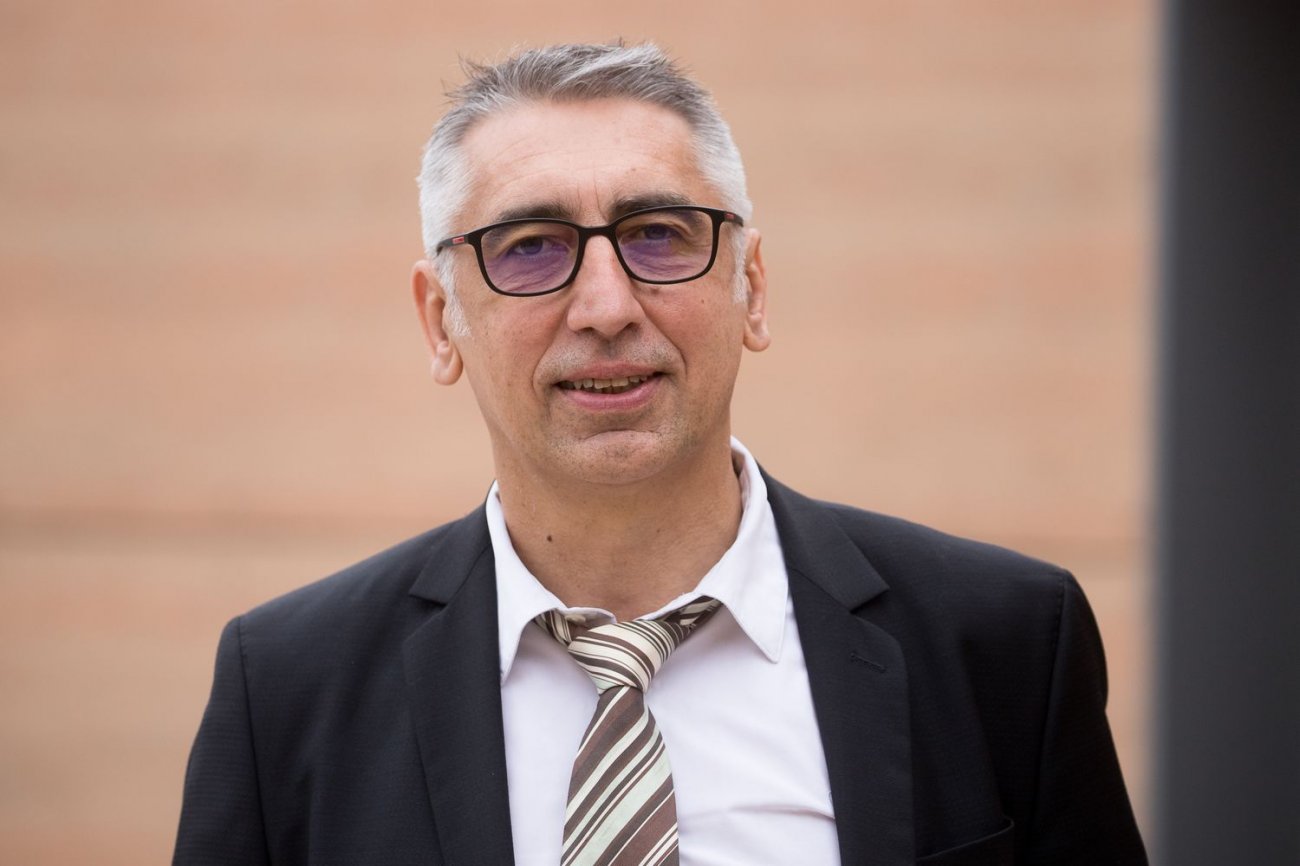
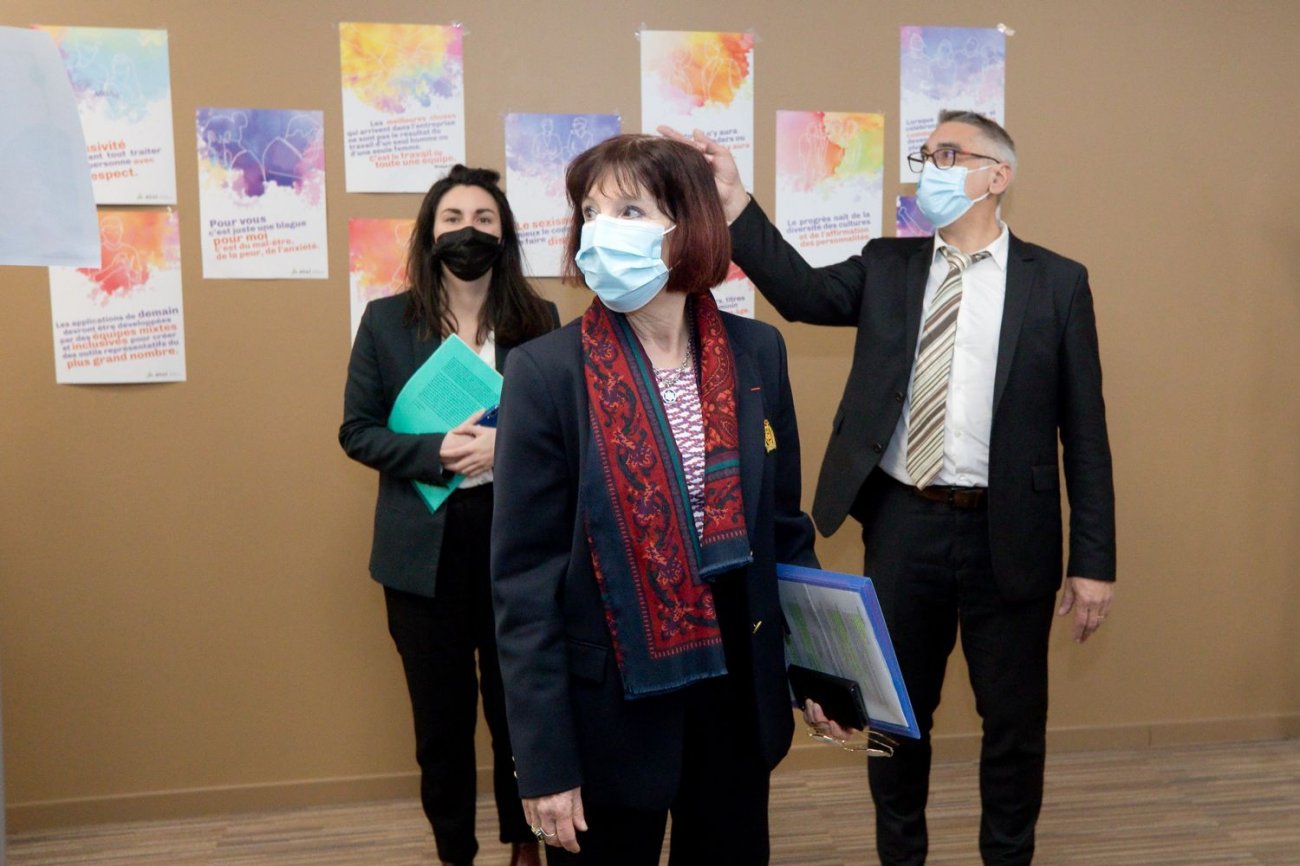
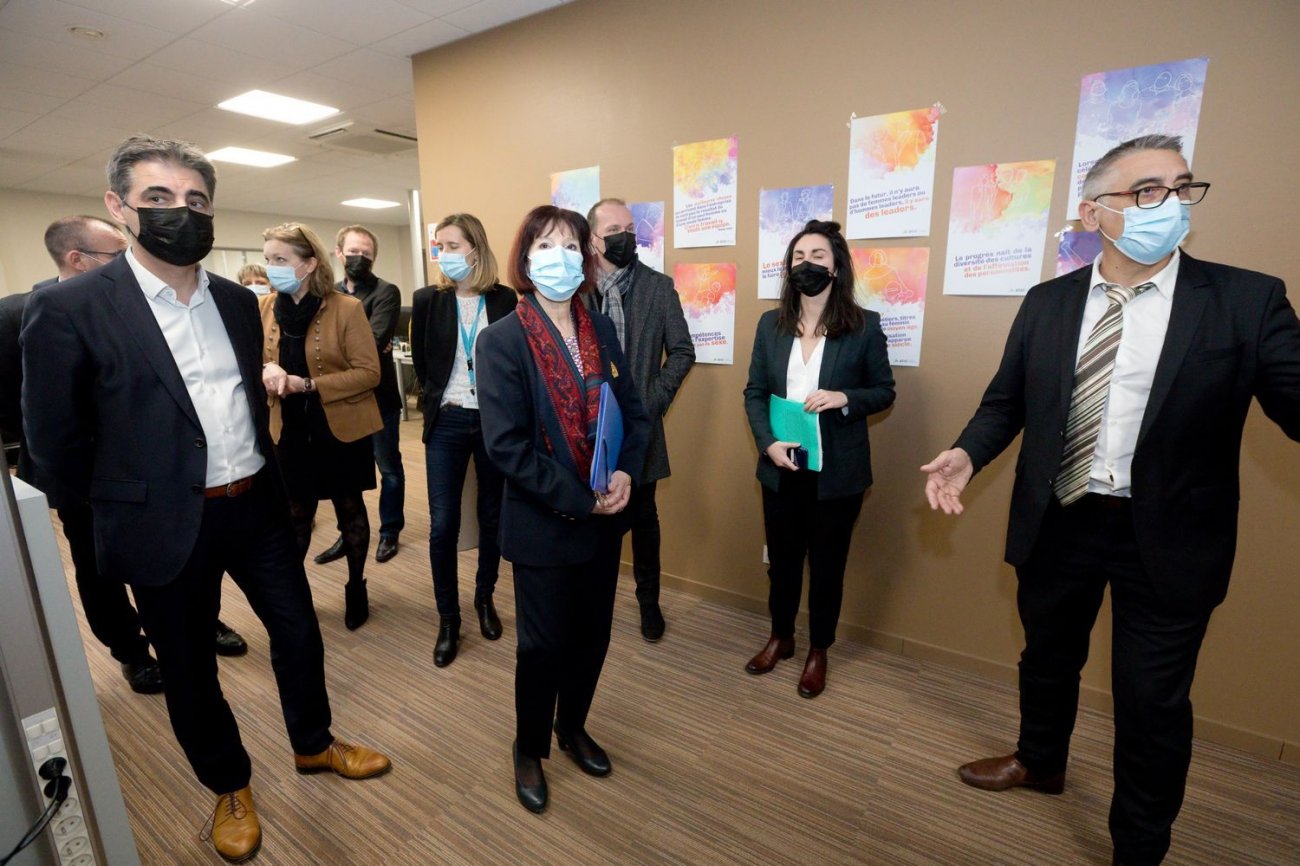
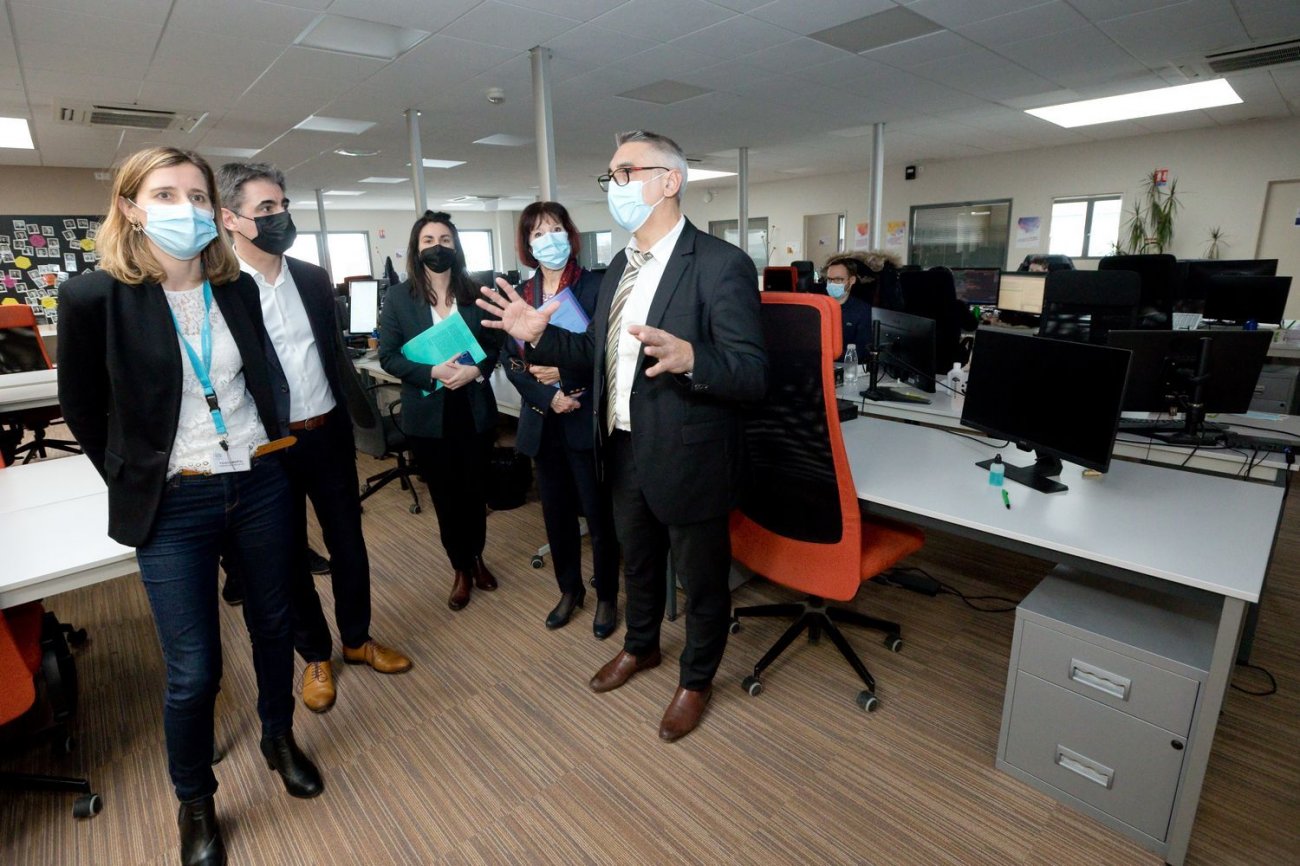
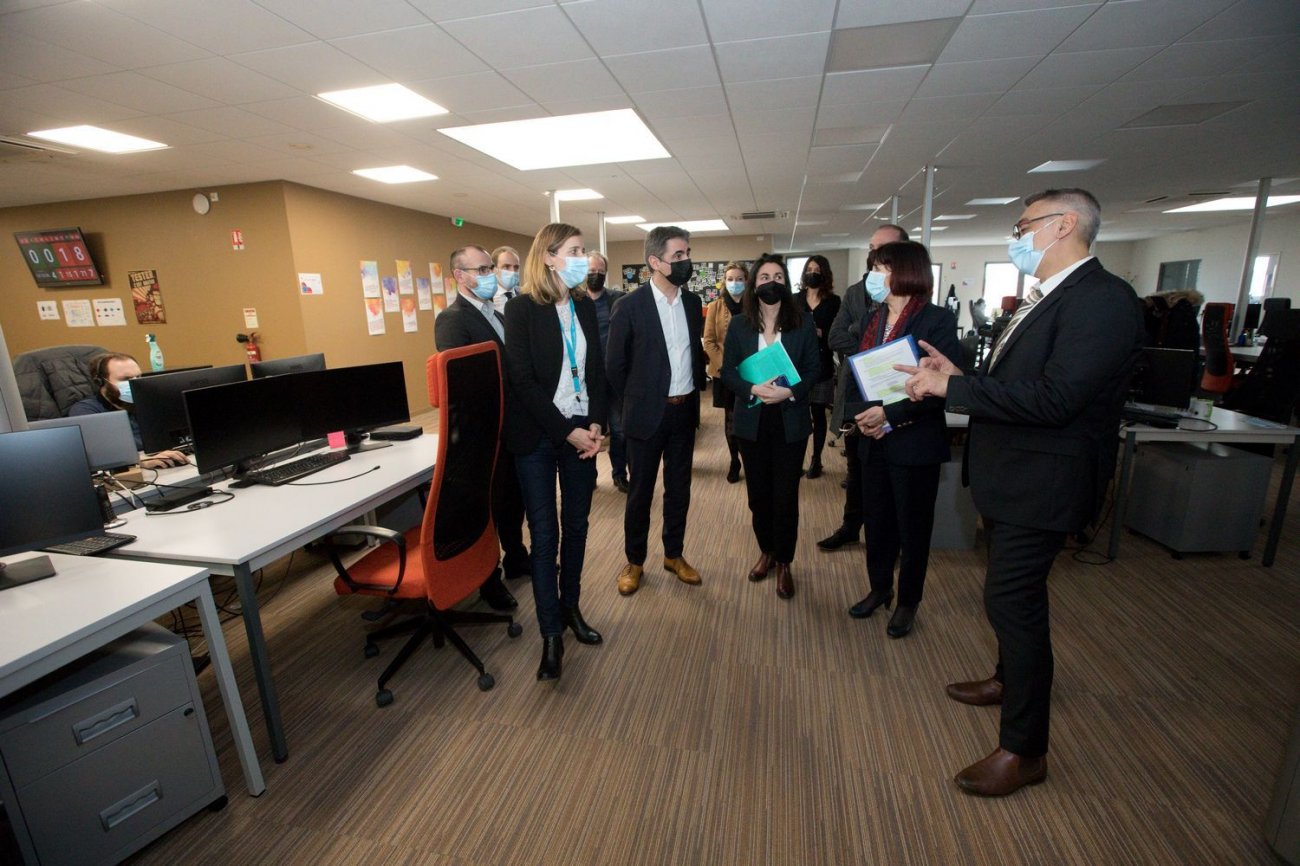
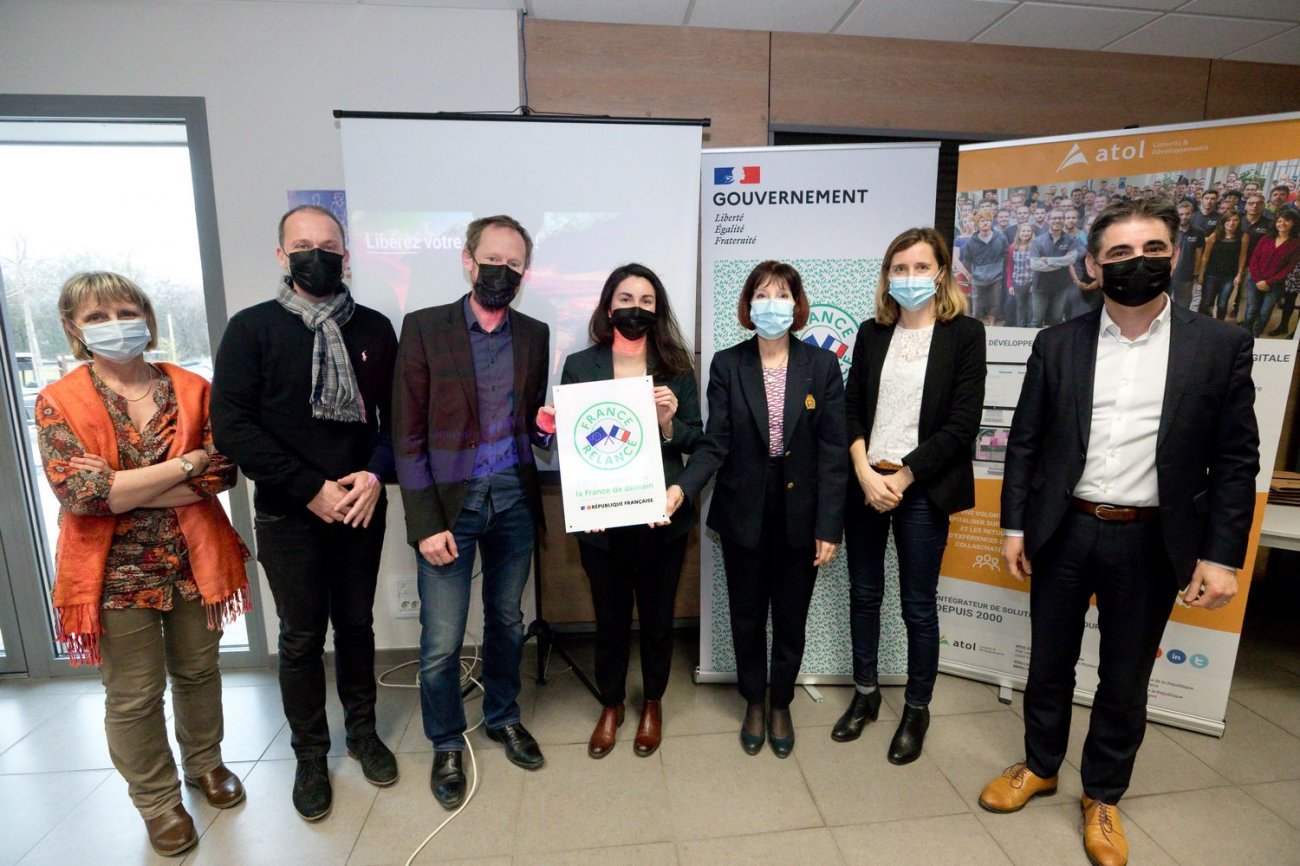
–

